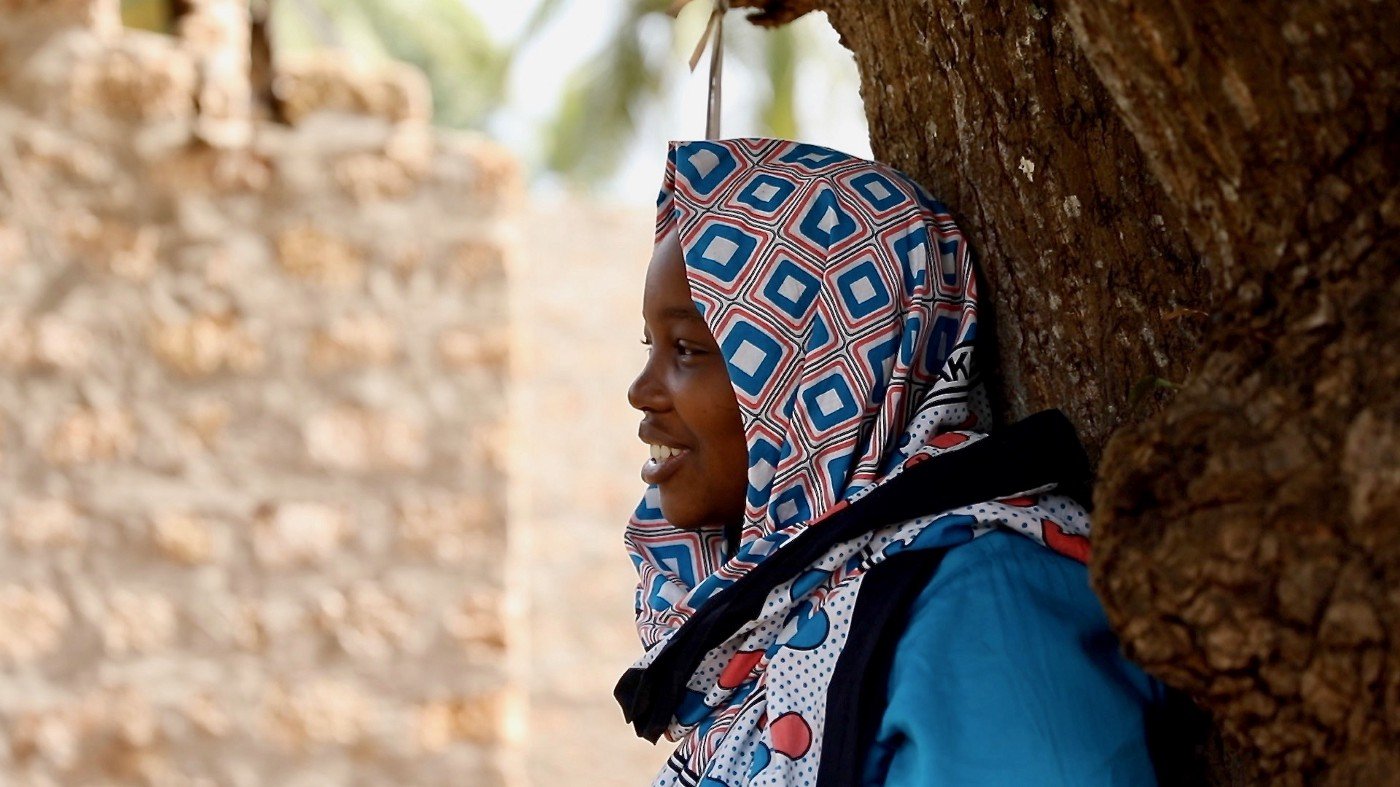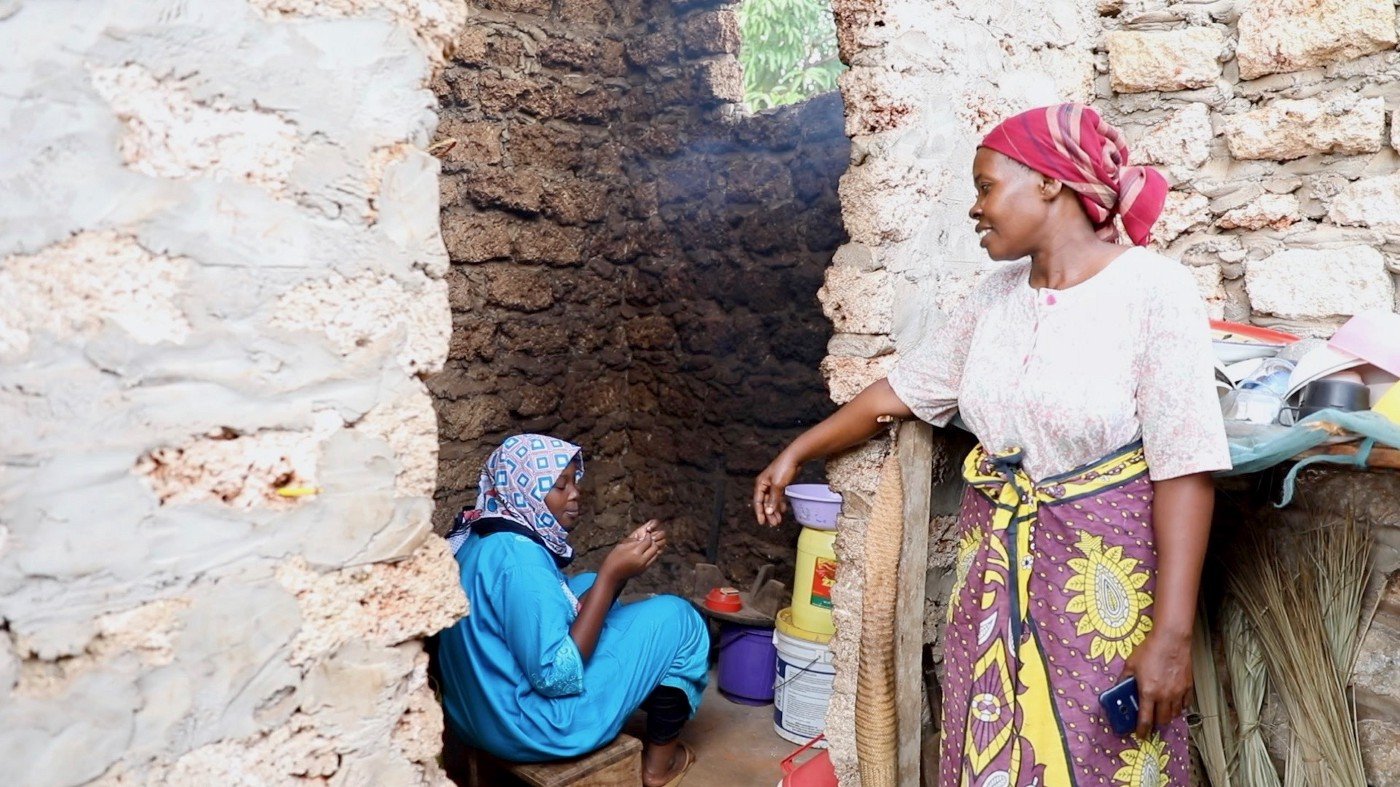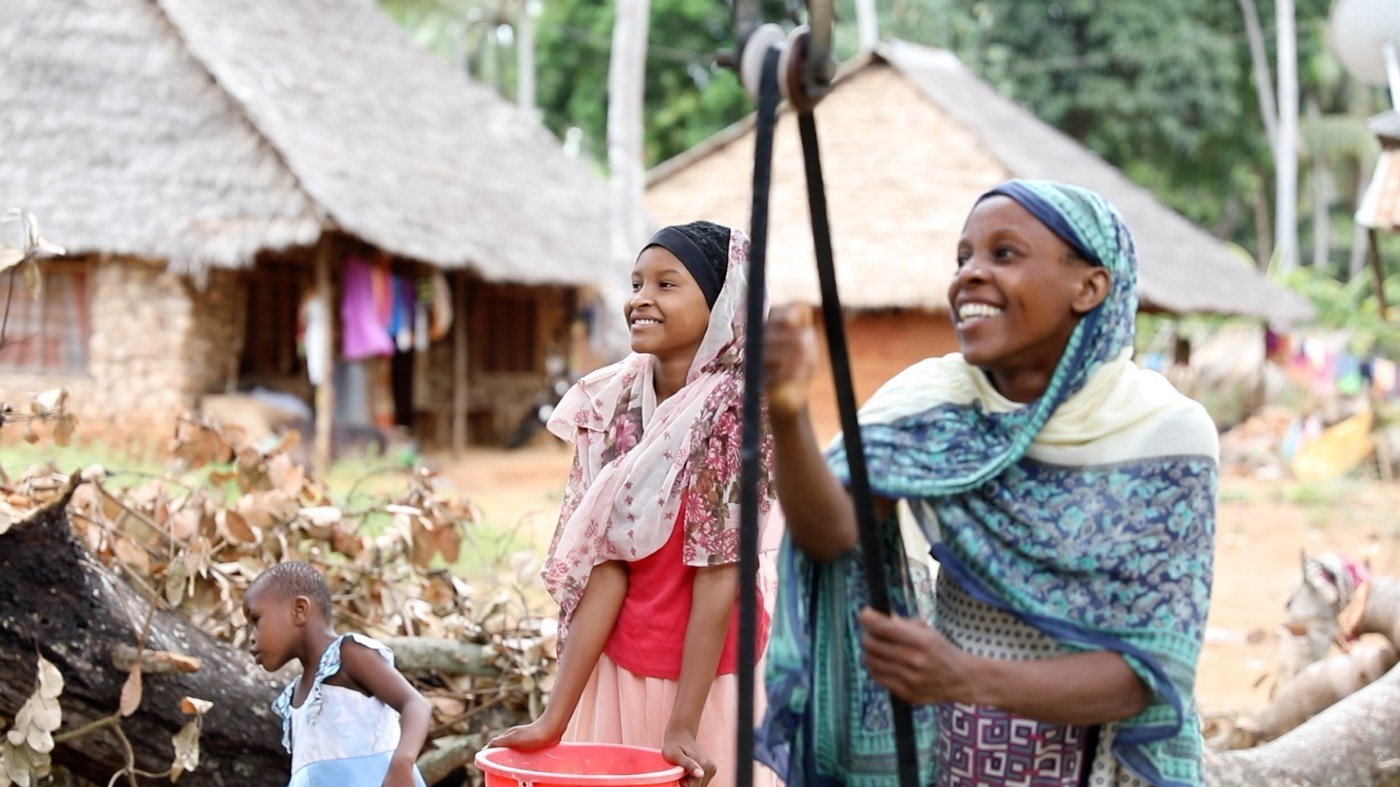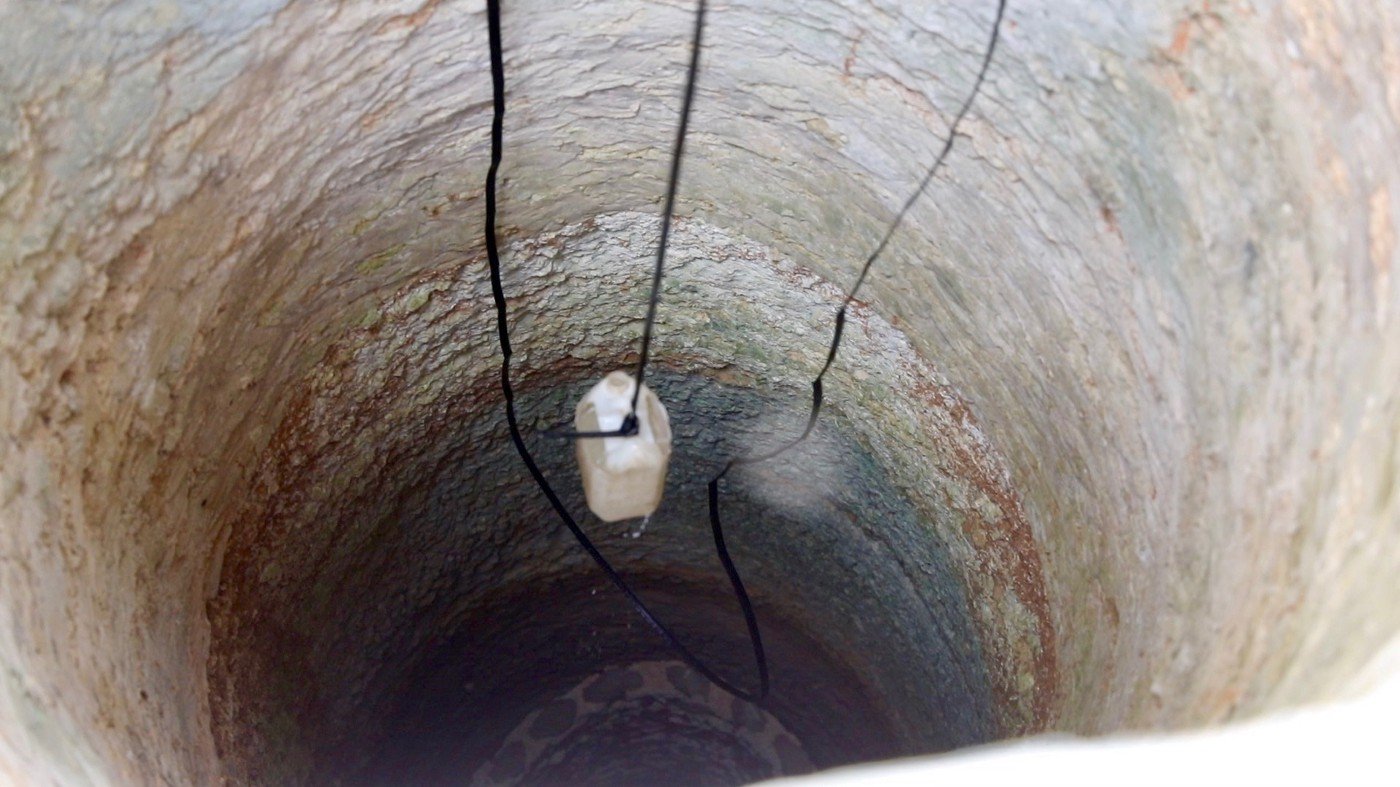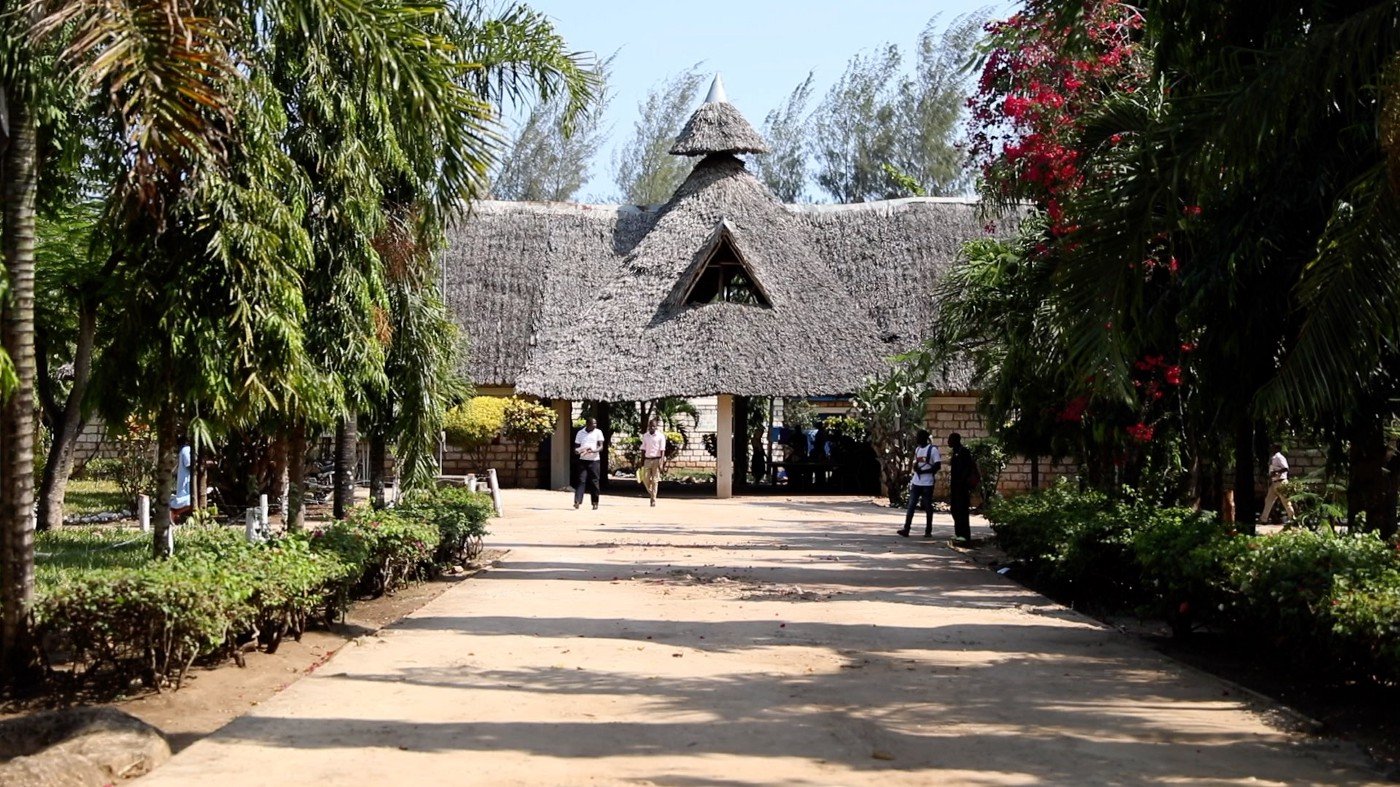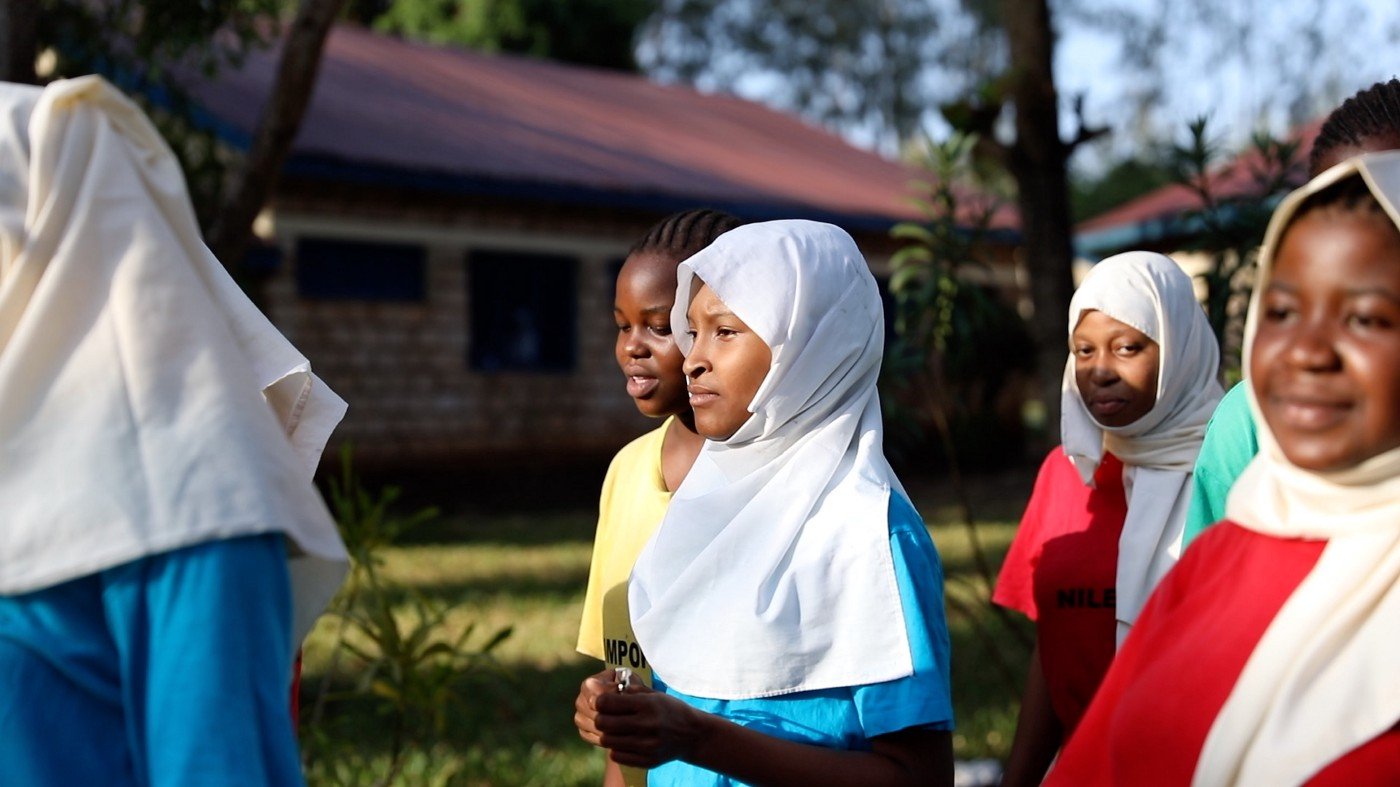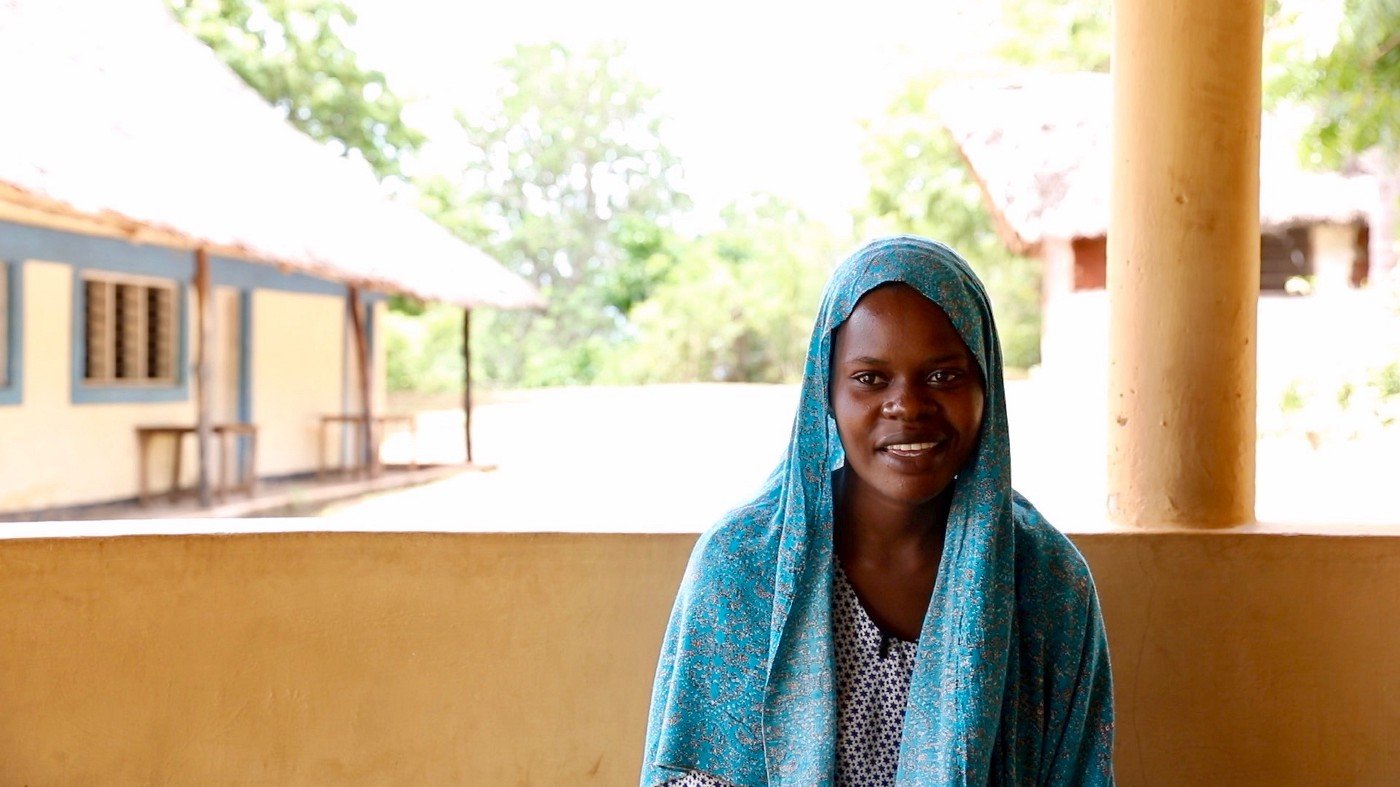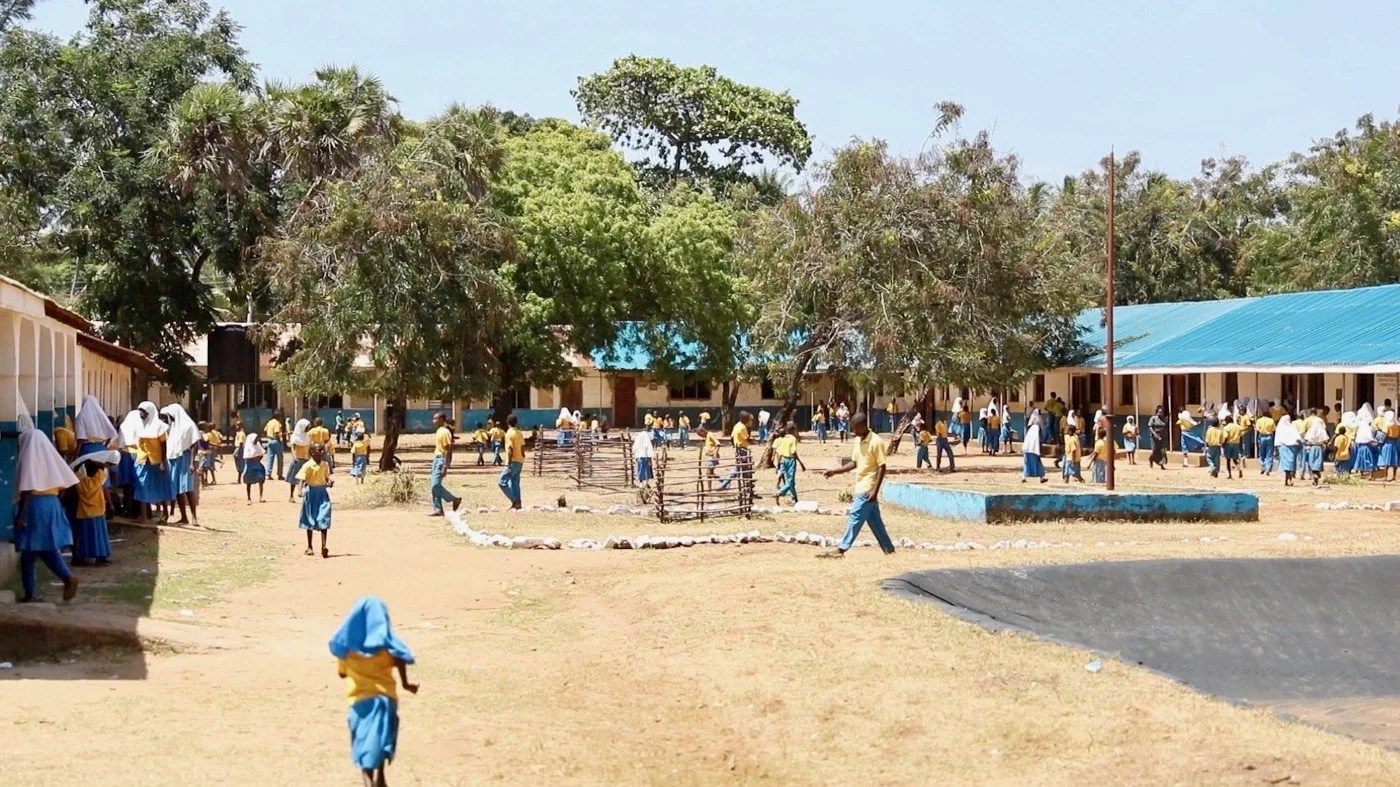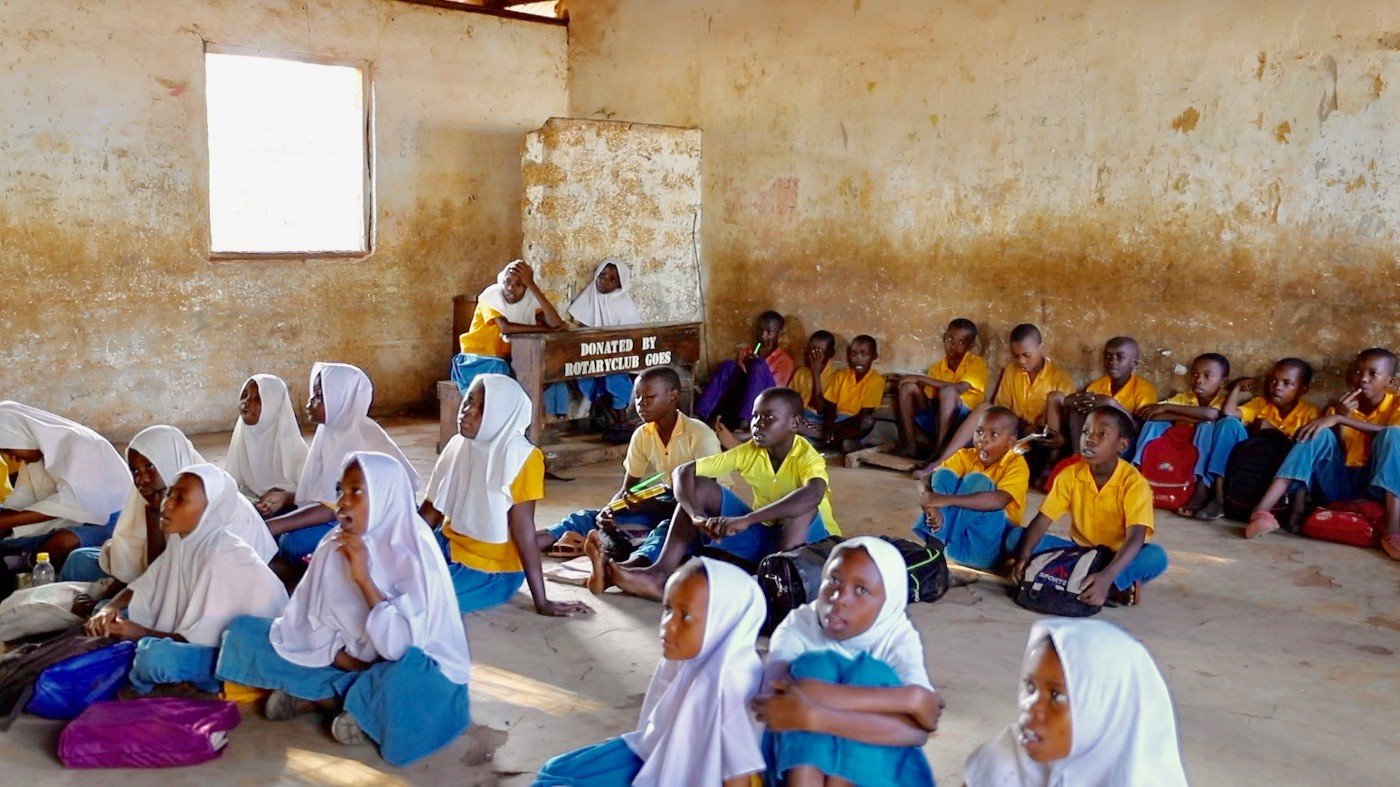One Education
The girls of coastal Kenya who are taking their education to a whole new level
A multimedia story by Rupert Bedford
Published on Jul 17, 2019
Secondary education is not free in Kenya. Families have to pay for fees, books, uniform and everything else associated with school. In the communities around Msambweni on the Kenyan coast most families can’t afford it and children’s aspirations are cut short. This is particularly the case for girls who are often last in the family pecking order to be supported through the education system.
But, with the help of organisations like ETATU, more girls than ever in the local area are now getting the chance of a secondary education, with the possibility of even going on to University and beyond.
Fishermen heading out at dawn in Msambweni, Kenya
Msambweni is situated on the Kenyan coast, south of Mombasa and not far from the border with Tanzania. It is an area that relies on fishing, farming and some tourism. Job opportunities are scarce.
Jacquie Lindgren grew up in Kenya and knows the area well. She founded ETATU in 2013 as a small charity to support local schools and help children through secondary education. She is passionate about the need for education beyond primary school, particularly for girls.
“Education represents an avenue out of poverty”, she says, “an avenue for a securer future, because with education up to the end of secondary school you can have access to loans, you can look for what work is available in Mombasa or in the tourist areas. You can set up your own business and earn money — real money not just subsistence money. So for the community education is key and the community believe in it. For me also education, particularly for girls, has other benefits — not just for the child and their family but also for their children in the future and for the general quality of life. Girls who are educated don’t get married so young, 70% fewer of them die in childbirth, their children live to a longer age, are better fed and overall the community can grow and improve.”
Baina wants to be an engineer
Baina lives in a house without a roof. Her father left when she was very young and her mother Salama has no money and cannot possibly afford to send her to secondary school. She wants to be an engineer.
“Salama has gone to Saudi Arabia in the past for work”, says Jacquie “leaving her three children in the care of her sister. She managed to raise enough money to build half a house but she has said that she does not want to repeat that experience and would prefer to stay with her children and do all that she can to raise them herself”
Zabibu and her mother at their local Water Well
Zabibu was academically the highest achieving girl in her primary school. Her mother was also left by her father when she was very young and she lives in a simple one room house in the countryside. Zabibu’s family are wonderfully supportive but they can’t afford to send her to secondary school.
Without completing secondary education her future is to stay at home and help her mother with carting water and other domestic tasks until she gets married.
Zabibu in class at Kingwede Secondary School
Fortunately, Baina and Zabibu, along with eighteen other girls, are currently being sponsored through ETATU to go to a good local secondary school, Kingwede.
They hope to be the first from their family to go on to University — and, in doing so, to follow in the footsteps of Rehema
Rehema is one of the first two ETATU sponsored students to go to University
Rehema is the sixth of seven children, all girls. She has been supported by ETATU through Kingwede for the last four years. In 2019 she gained a place at University. She is the first in her family and one of the first two ETATU sponsored students to do so. “Education is the key to life” she says, “after going to University I can get a job and help my family, as well as society”.
Jacquie Lindgren is delighted at this achievement.
“I was overjoyed when I heard the news, I was waiting for the results and to get two to University from that group, there were eleven who finished at Kingwede last year, seven of them are going to college, two are going to University, I mean that’s an amazing ratio of success really, just delighted”
Break time at Msambweni Primary School
Jacquie believes the real breakthrough however starts at Primary School.
ETATU has supported Msambweni Primary School with a range of practical initiatives over a number of years — from sponsorship of extra teachers, to providing solar lights and student backpacks to the building of new kitchen and library facilities. However it is the hope and motivation brought about by the possibility of secondary school sponsorship that she believes has had the most marked effect.
Pupils have limited facilities, but massive aspiration
And this is certainly borne out by the the evidence. When ETATU started the sponsorhip programme in 2013 less than 5% of the primary school children progressed to secondary school, which was way lower than the Kenyan national average. In the 2018 primary school exams a great number did well and over 60% of the children from last year have now gone on and are in secondary school — which Jacquie describes as a “phenomenal improvement” in achievement over a six year period.
“What’s been striking over the last few years” Jacquie emphasises, “is how small interventions can create massive aspiration and incredible hope. In the beginning it was only ten, we offered ten pupils the chance to go to secondary school and the whole of the year seemed to work hard and overall large numbers of children are now going to secondary school. When you provide people with something to work towards and something to hope for, that can be transformative.”
Abdulla Massemo, Deputy Head, Msambweni Primary School
Abdulla Massemo, Deputy Head of Msambweni Primary School agrees;
“The children it gives them hope, because they know that once they do well they are being sponsored. So they are fully aware and we’ve been telling them everyday, during assemblies, that you work hard, ETATU is there, in fact we tell them Madame Jacqueline is there, so work hard. And it is really working — it is really working…”
In the next academic year, ETATU expects to sponsor its 100th child to go to secondary school.
All images © Rupert Bedford
Rupert Bedford is a UK based journalist and documentary maker.
© RB Media.
If you are interested in publishing this story please contact Rupert at rupert.bedford@rbmedia.org

